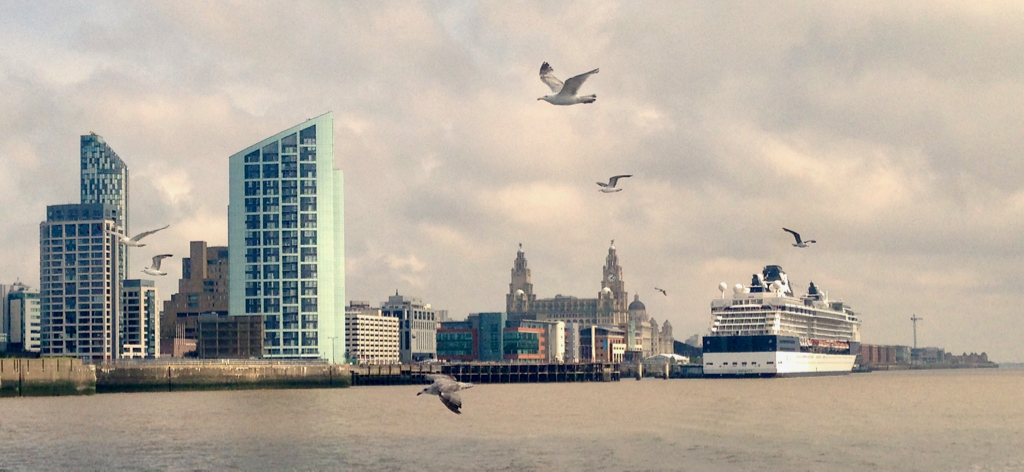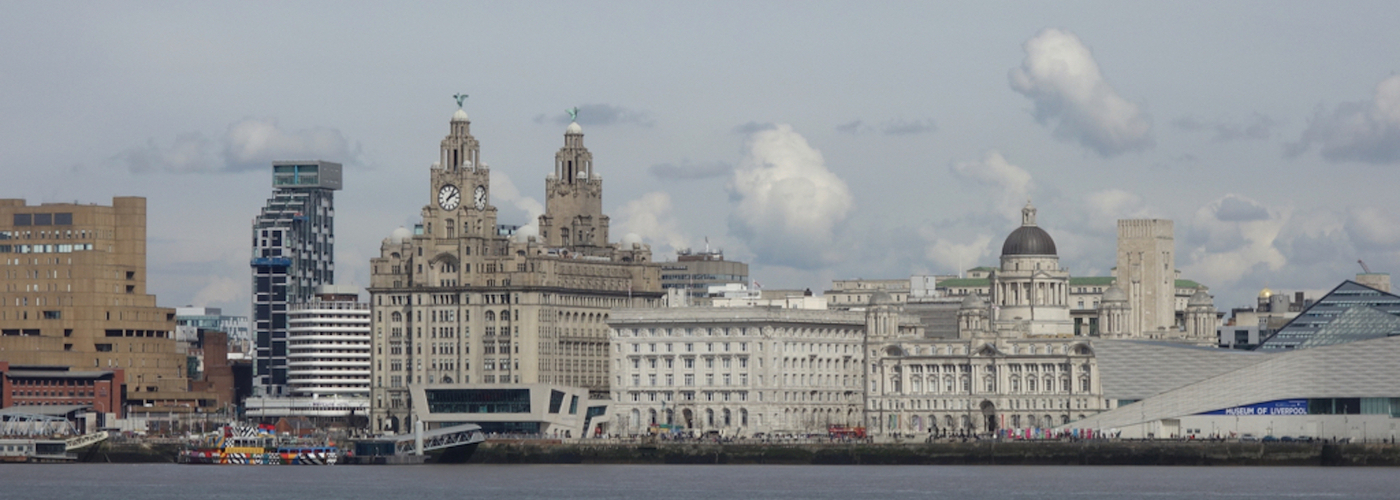Experts come to city on the danger list for a chat with the people
THREE leading experts on World Heritage Sites are heading to Liverpool to debate the city’s under-threat UNESCO status.
The announcement of a series of “civic conversations”, later this year, comes as Liverpool Mayor Joe Anderson’s cabinet prepares to back a plan aimed at removing the city’s name from a list of World Heritage Sites in danger.
UNESCO has placed Liverpool on the list over its proposals to develop the rundown central docklands area, including Liverpool Waters, with high rise buildings. It is one of only two endangered UNESCO sites in Europe.
The organisers of the Liverpool seminar say the three-day event in October and November “will make UNESCO’s voice heard publicly in the city for the first time”.
“With Liverpool’s World Heritage status at growing risk, the series aims to give the people of Liverpool the chance to find out more, and to hear UNESCO’s perspective on why Liverpool is on a par with world famous heritage sites such as the Taj Mahal, the Acropolis, and the Great Wall of China as a site of “Outstanding Universal Value,” say organisers the social enterprise Engage Liverpool CIC.
Titled “Liverpool UNESCO World Heritage Site – A Status worth fighting for?” the programme will bring heritage officials including Isabelle Anatole-Gabriel, UNESCO’s chief of the Europe and North America Unit, to venues within Liverpool Maritime Mercantile City – currently inscribed on UNESCO’s List of World Heritage in Danger.
Gerry Proctor, chairman of Engage Liverpool CIC, said: “It seems fair to say that UNESCO’s voice has never been properly heard in the city, except perhaps in negative ways. Had UNESCO come to speak to people in the intervening years then we might not have ended up with the debate being framed in an either/or binary position between economic development or heritage, civic growth or becoming a museum, progress or being held hostage to the past.”
He went on: “Liverpool Maritime Mercantile City has been declared to have features of Outstanding Universal Value, which puts us in the Premier League of world cities. With the status under threat we are asking if we have sufficiently valued what being a UNESCO World Heritage Site confers.
“Much of the debate around WHS status has been conducted between officials, which has meant, in practice, that during what has been termed ‘delicate negotiations’ citizens have in effect been side-lined. We’re creating a civic conversation that explores what World Heritage status is all about and what the value of it is, why there is a conflict between heritage and development in the city, and why should residents of the city region even care?”
Meanwhile, a city council management plan has been drawn up designed to help protect Liverpool's UNESCO World Heritage site status.
The mayor’s cabinet is expected, on Friday, to endorse the strategy, prepared by LOCUS Consulting, in association with Historic England, as one of the corrective measures the city has agreed ahead of a crucial UNESCO meeting in July.
The report says the state of conservation of Liverpool’s WHS is at its best for decades, showing that almost £750m has been invested into historic assets within the UNESCO approved site including the upgrade of 37 listed buildings.
Mayor Anderson said: "Liverpool has made great strides to protect its World Heritage Site and in many ways the city has set a new bar in conservation efforts. We recognise more needs to be done to promote its appeal and raise awareness with the public and developers and this new management plan is an important step.
"Liverpool is a city undergoing a £11bn renaissance and we need to find the right balance where regeneration and conservation can complement each other. The Stanley Dock complex is a great example of how that can be achieved and I’m sure this plan sets out the right guidelines to ensure that template is adopted across the World Heritage Site."

The management plan has five key aims, including looking at how best the city can maximise the benefits the World Heritage site status.
Liverpool was inscribed as a WHS in 2004 covering six areas of Liverpool’s city centre and docklands. The award was made in recognition of the city’s global significance as one of the world’s major trading centres in the 18th and 19th centuries, and also for its part in the development of mass movements of people.
UNESCO and the International Council on Monuments and Sites (ICOMOS) have warned that redevelopment in the area – including the Liverpool Waters scheme – “would fundamentally adversely affect the Outstanding Universal Value of the property”. Liverpool is now one of only two endangered UNESCO sites in Europe.
World Heritage diary dates - venue tbc

Wednesday 4 October 2017
Seminar 1: UNESCO World Heritage Status – what’s it all about?
Isabelle Anatole-Gabriel: UNESCO Chief of the Europe and North America Unit at the World Heritage Centre, Paris
Wednesday 18 October 2017
Seminar 2: Development and Conservation – why the conflict?
Michael Turner UNESCO Chair in Urban Design and Conservation Studies at Bezalel Academy of Arts and Design, Jerusalem
Wednesday 1 November 2017
Seminar 3: Heritage Assets – where’s the value?
Minja Yang: former Deputy Director of the UNESCO World Heritage Centre, Paris and Director of the UNESCO WHS Regional Office in Delhi, currently President and Professor at Raymond Lemaire International Centre for Conservation at the Catholic University of Louvain, Belgium















